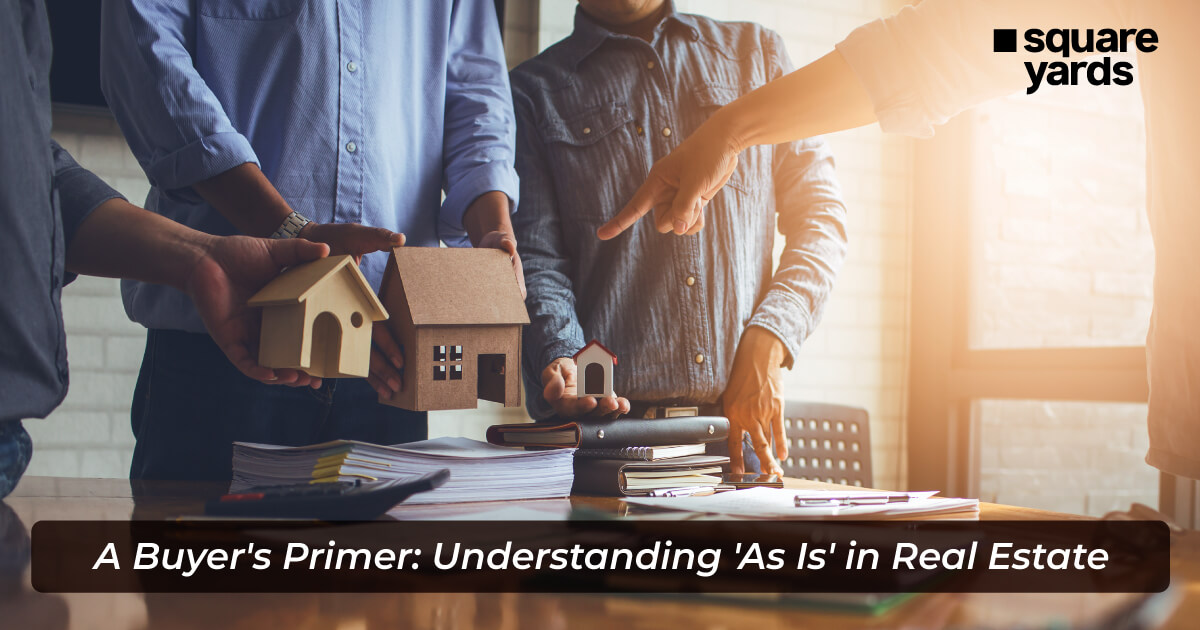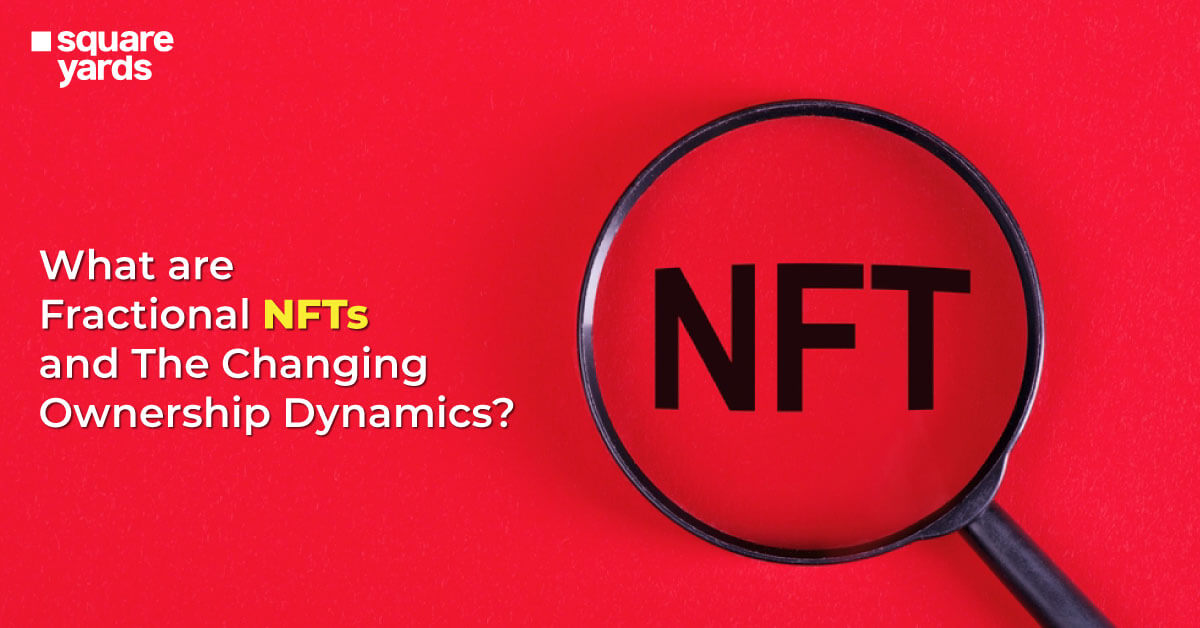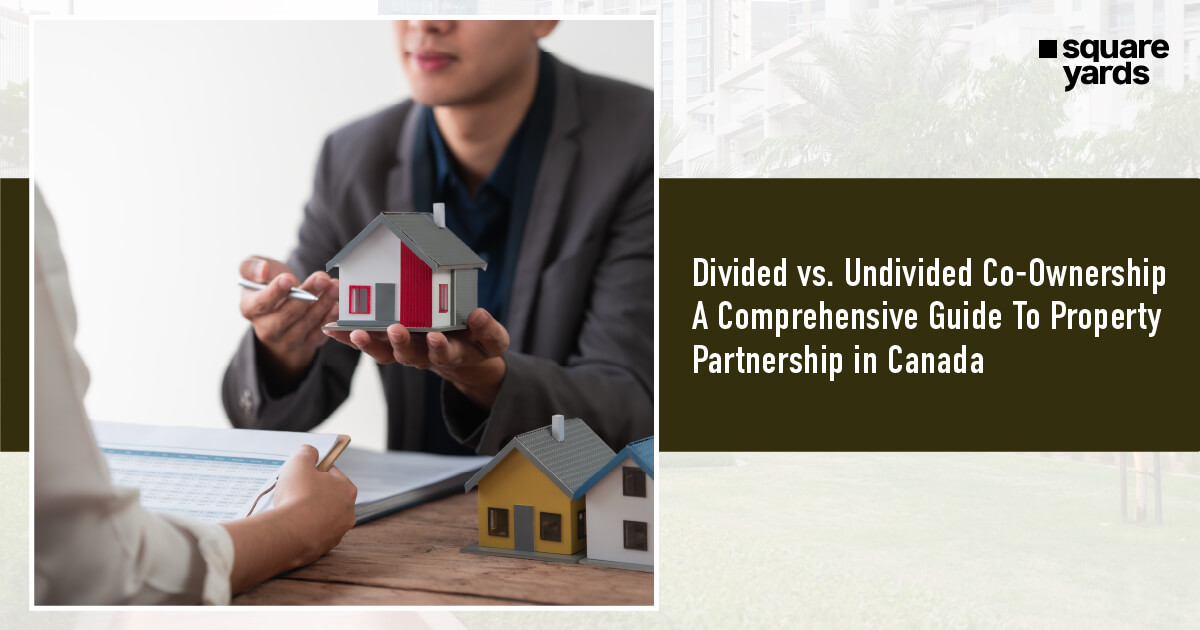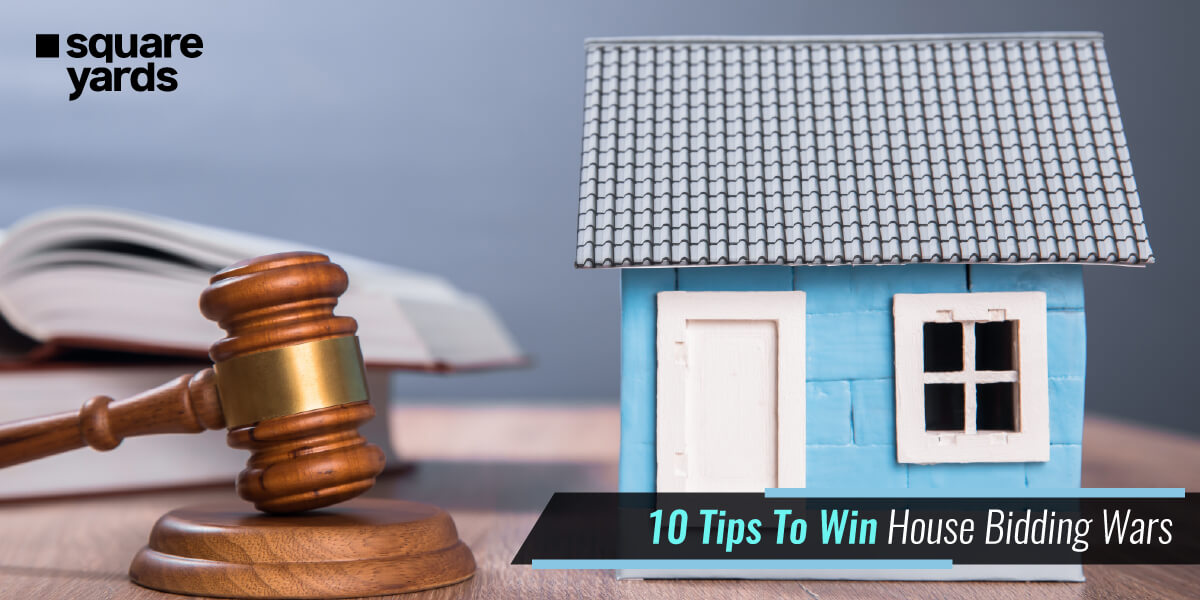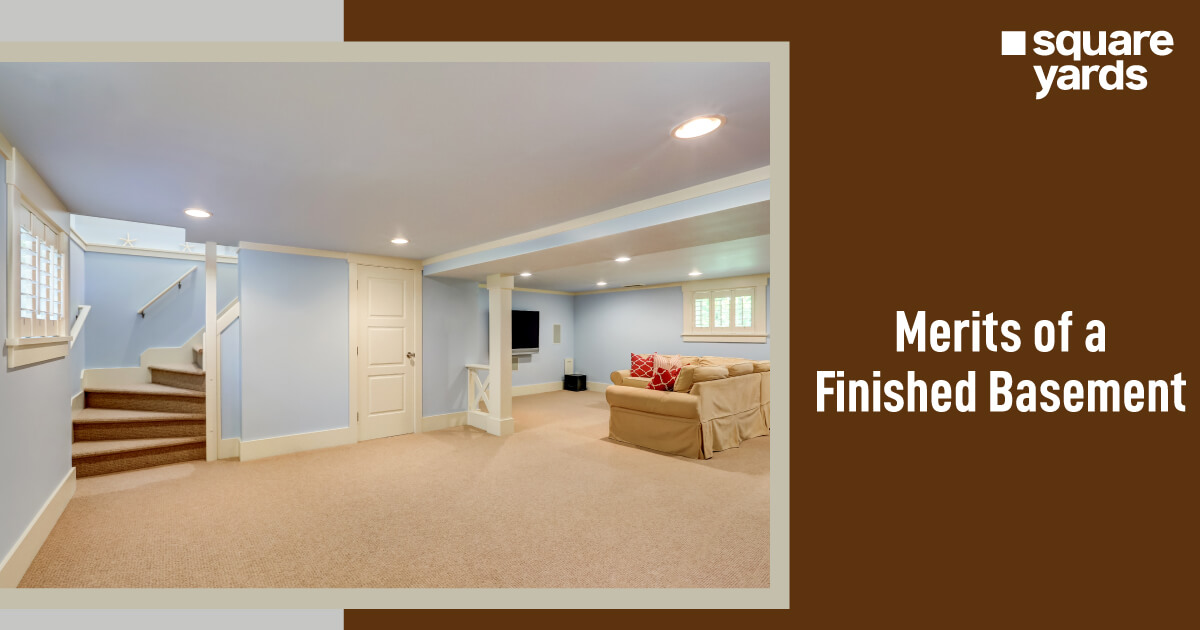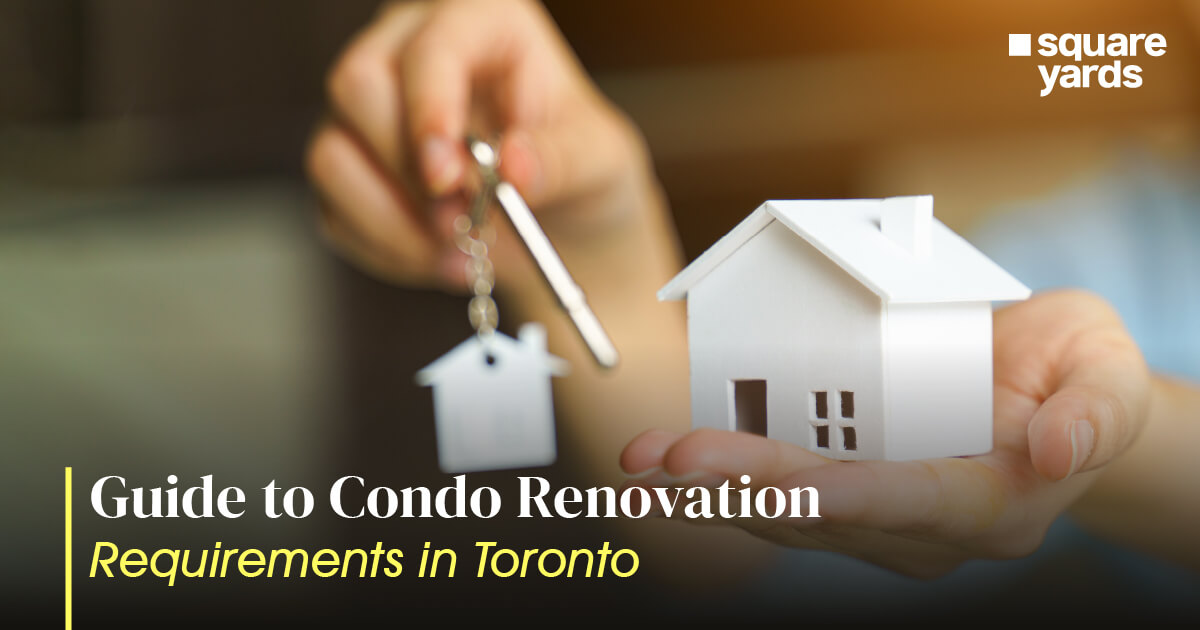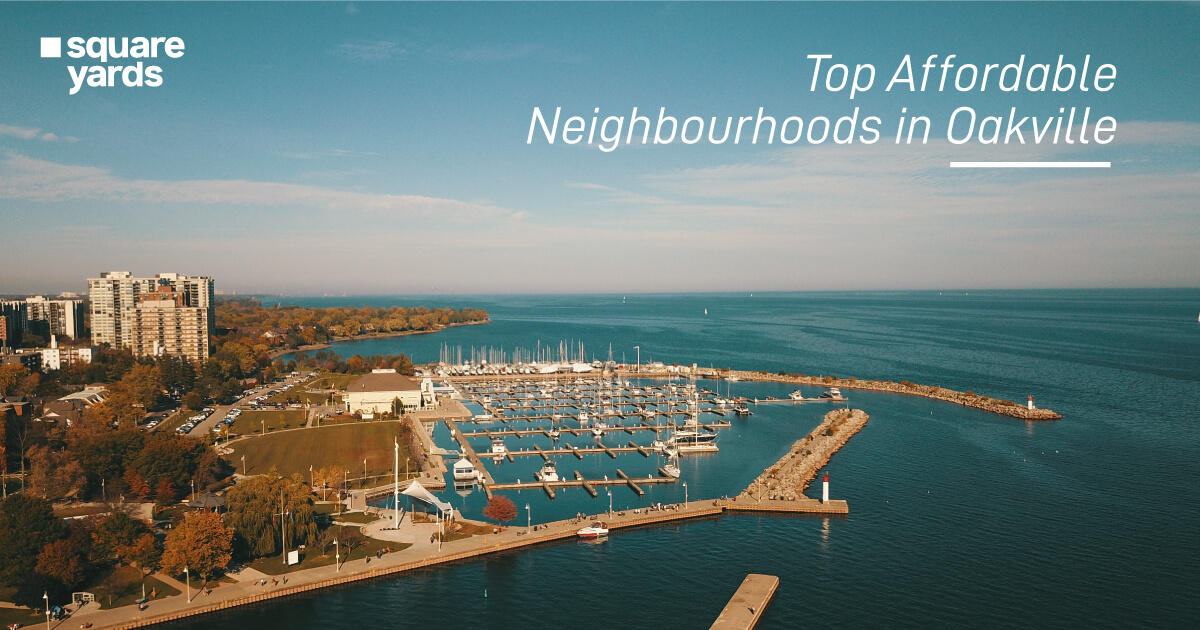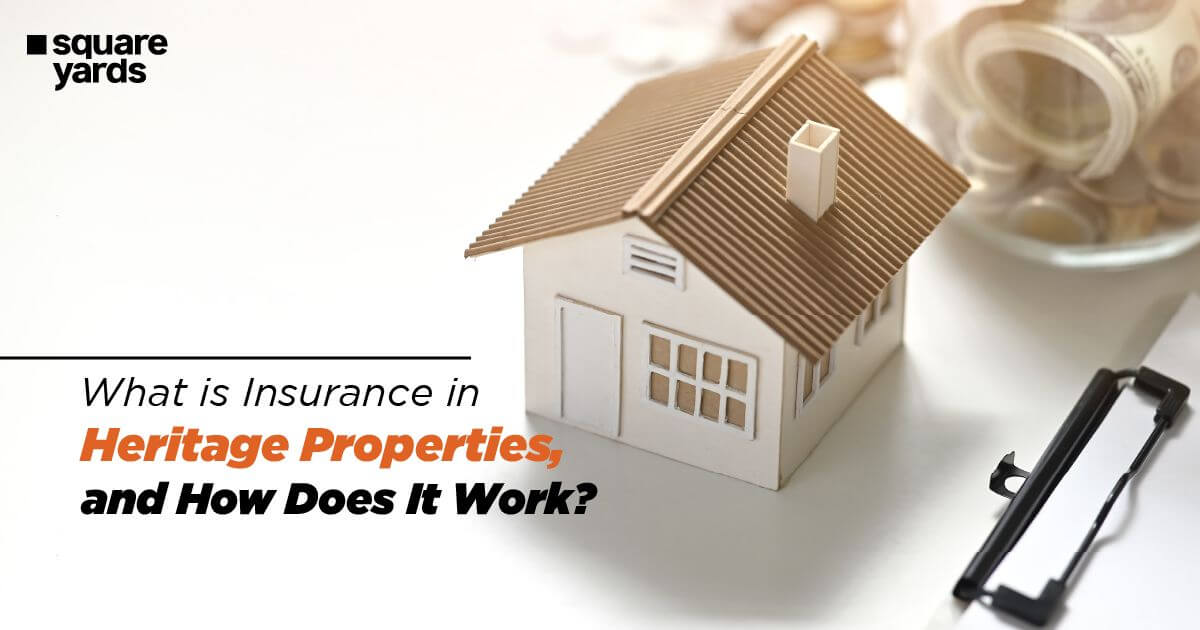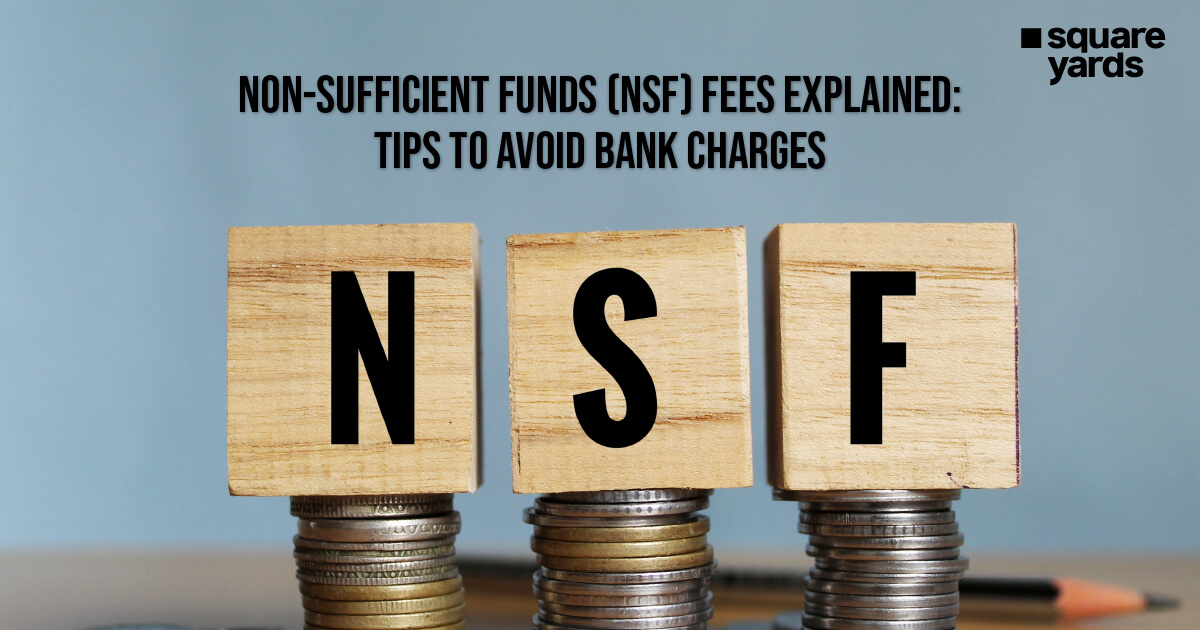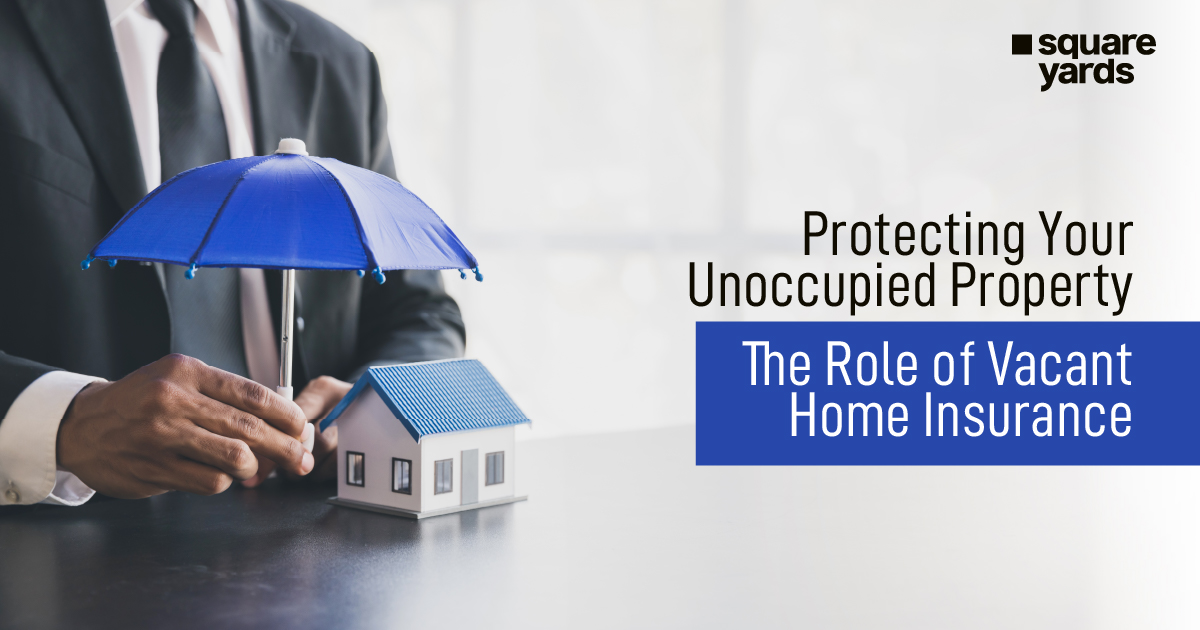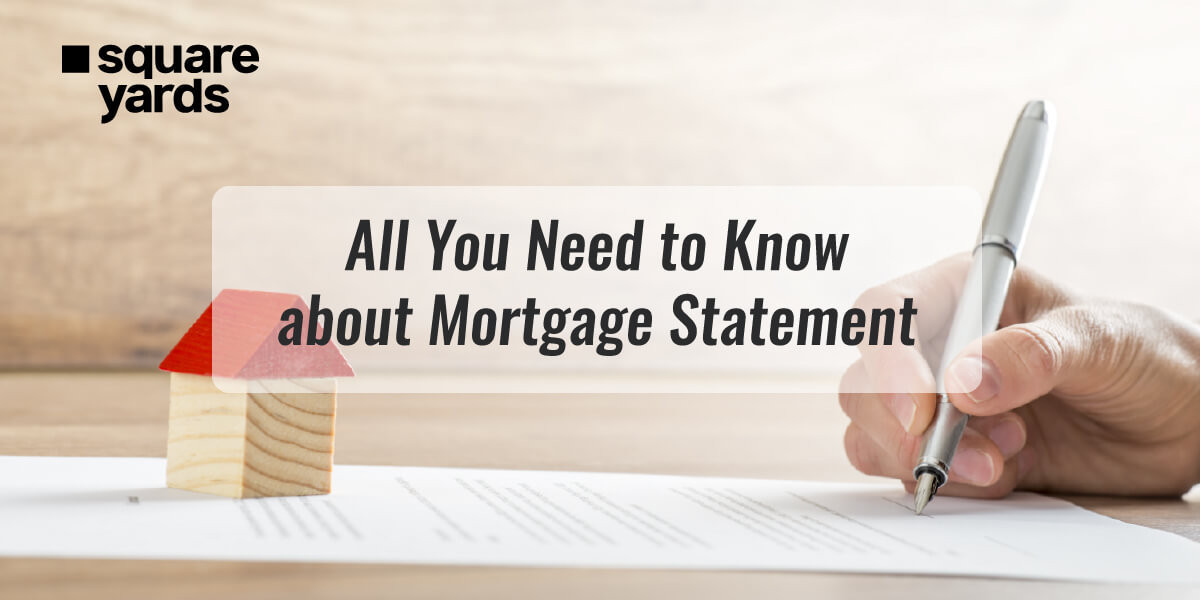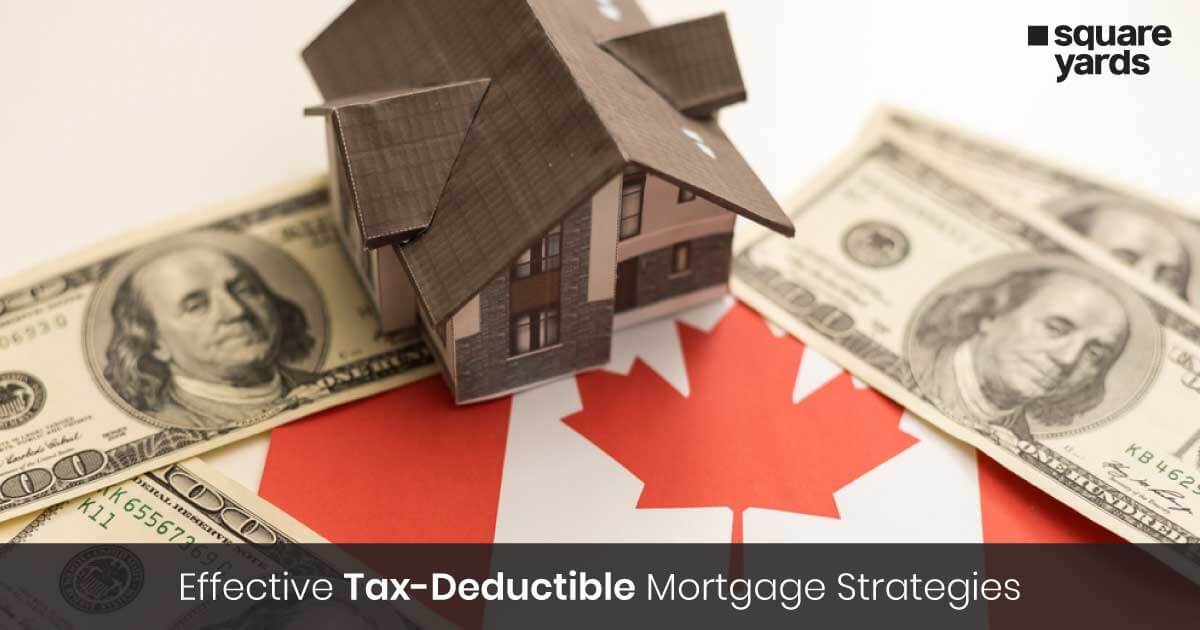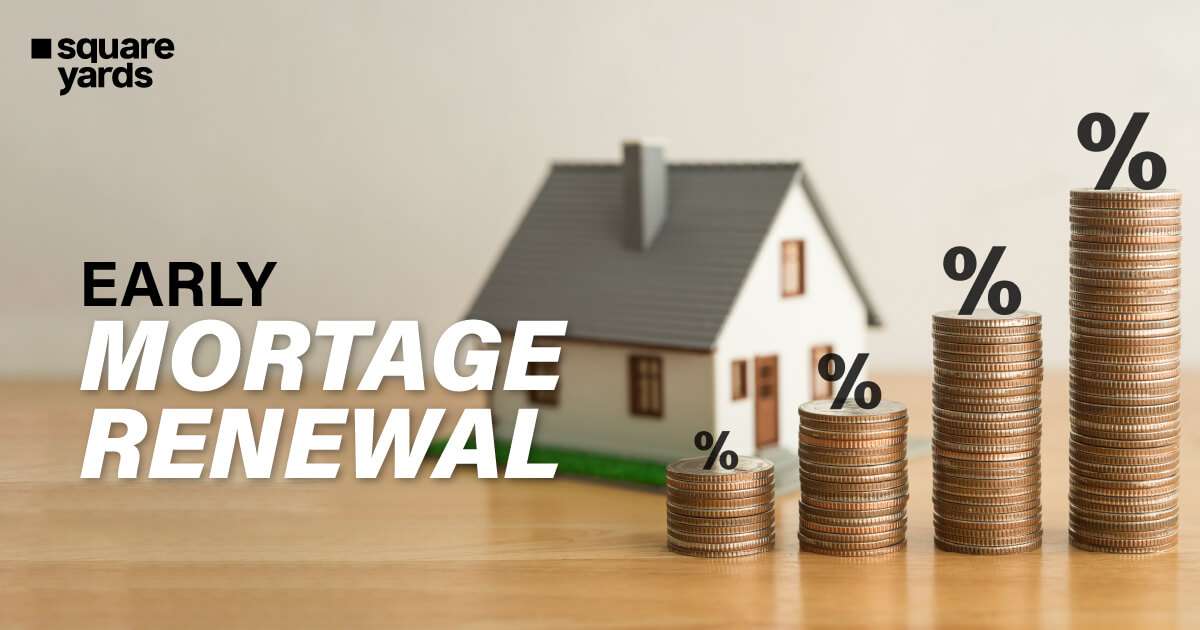The world is full of legal loopholes. To buy homes as is is but one of them. Not to call you dumb, but it can be easy to miss the fine print and get stuck in some very difficult positions. The wiser, the better. Buying property can be tricky, and I wouldn’t want you to get caught by deer in the headlights. When you are neck deep in an already expensive deed, the last thing you need is to get bombarded with more expenses. This can happen when you look to buy a property, and it is advertised ‘as is’.
Sounds straight enough; you’re right. But that’s the beauty of these terms; they’re so clever that you may feel like you understand what it means to buy homes as is. But what you probably see many times is the implications the term has for both parties. Here is a comprehensive guide that will help you understand the layers of this choice, ensuring you’re equipped with the knowledge to navigate this path wisely. As is property isn’t just about accepting a home with its imperfections; it’s about seeing potential, understanding risks, and making informed decisions. Let’s delve into what this means for your family’s next big step in the world of real estate.
Ways You Can Master Buy Homes As Is Property Investments
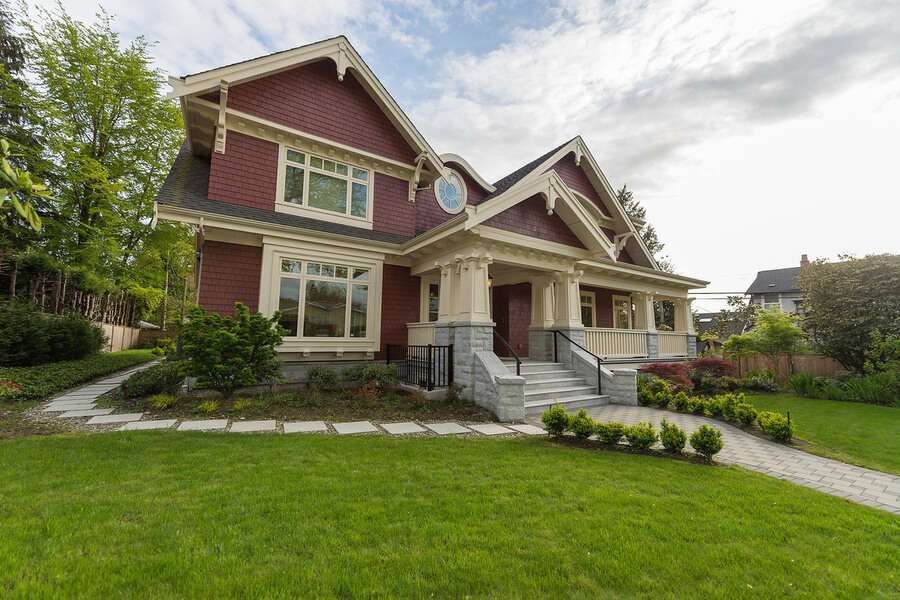
When considering an as is property purchase, it’s crucial to approach the process with a strategic mindset. Begin by thoroughly understanding the purchase agreement, which sets out the terms and conditions of the sale. This document is your roadmap, outlining essential steps like securing financing and possibly conducting a home inspection.
Remember, an as-is property means the seller is not fixing things up before selling. But don’t worry; it doesn’t mean you’re stuck if big issues pop up. You can set up your offer so you can back out if an inspection uncovers major problems. You’re not without recourse. A well-crafted inspection clause can provide an escape hatch if significant issues are uncovered. Due diligence is your best ally here, allowing you to assess the property’s condition and make an informed decision.
Sometimes, buy homes as is makes total sense, like with bank-owned places or if the seller hasn’t really lived there and doesn’t know all the ins and outs. But, and this is key, as is property doesn’t mean the seller can hide big issues like a leaky basement. They’ve got to fess up to any big problems. It’s a balance between recognising the potential for hidden value and being prepared for the responsibilities that come with it.
Finalising Mortgage Arrangements and Finances For Buy Homes As Is
Securing mortgage financing for an as is property purchase requires meticulous preparation. Given that such properties may need substantial repairs, lenders will scrutinise not only your capability to afford the purchase but also your financial resilience to manage repair and maintenance costs. It’s essential to present a robust financial plan that demonstrates your readiness to handle both the acquisition and any subsequent renovations. This could entail sharing detailed financial records, evidence of extra savings or credit facilities, or a comprehensive budget for the intended repairs. So, ensuring your financial house is in order is key to convincing lenders of your viability as a borrower for buy homes as is.
Executing a Comprehensive Property Assessment

Conducting a thorough property inspection is paramount for as is home buyers. This step goes beyond routine checks, delving deeply into the property’s structural integrity and mechanical systems. It’s about uncovering any hidden issues, such as pest infestations or potential health hazards like radon, that could affect your living conditions and financial outlay on repairs.
Inspections should extend to specific features like chimneys or pools, ensuring every aspect of the property is evaluated. You need to get accurate estimates for all these expenses. And not just for the immediate ones but also for the ones that might keep popping up. This comprehensive approach helps you grasp the full scope of potential repair costs, aiding in informed decision-making about the investment.
Assuring Insurance Alternatives
Evaluating insurance options is crucial for as is home buyers. Given the higher perceived risk by insurers, finding companies that specialise in such properties can lead to more suitable and affordable coverage. Sharing renovation plans with insurers might also reduce premiums, as improvements can mitigate risks and enhance the property’s safety and structural integrity. This helps safeguard your investment while you navigate the complicated as is property transactions.
Buying as is property can be a tricky journey that demands a blend of caution, curiosity, and courage. Sure, purchasing these properties puts the onus on the buyer to accept the property in its current state, but that doesn’t mean you will be trapped with unforeseen issues. When done right, you can use strategic inspections to help keep you informed of any risks. With the right knowledge, careful judgement, and a bit of adventure, buy homes as is property can turn hidden gems into remarkable finds, turning the art of buying into a craft of discovery and vision.
You May Also Read :
|
Know The Tiny Homes Ontario |
|
|
Explore Mobile Homes in Canada |
|
|
Guide To Prefab Homes in Canada |
|
|
Visit Energy Efficient Homes |
|
|
Major Celebrity Homes in Canada |
Frequently Asked Questions (FAQs)
Yes, you can sell a house as is in Ontario, meaning the property will be sold in its current condition without any repairs or improvements made by the seller.
Yes, in Ontario, it's strongly recommended to have a lawyer when selling your house to handle the legal aspects and ensure the transaction is properly executed.
In Ontario, closing costs typically range from 1.5% to 4% of the home's purchase price, depending on various factors like legal fees and land transfer taxes. Can you sell a house as is in Ontario?
Do I need a lawyer when selling my house in Ontario?
How much are closing costs in Ontario?

